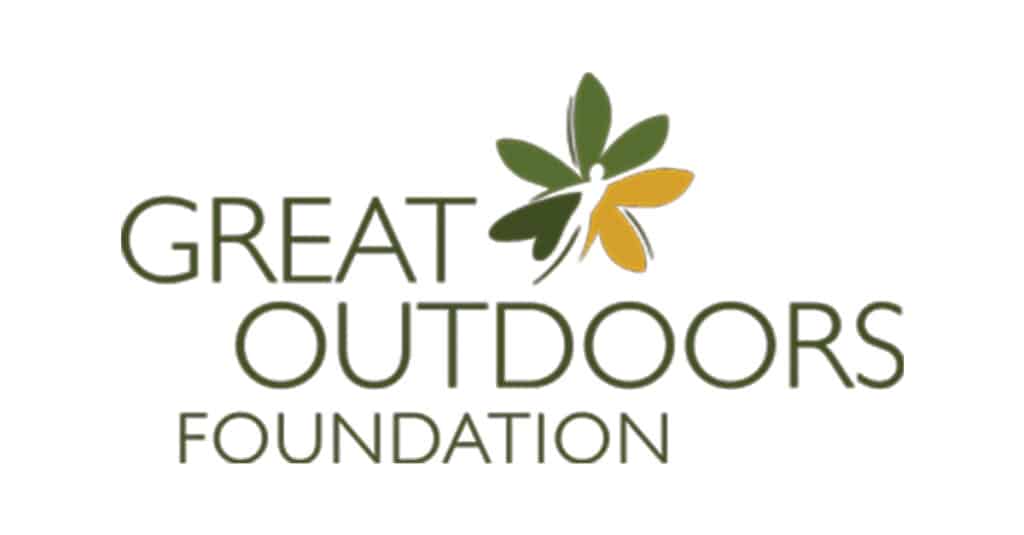A Closer Look: Mark Wiederspan
Take a closer look at the new executive director of Iowa College Aid.

Mark Wiederspan was named executive director of Iowa College Aid in January by the agency’s board of commissioners. He succeeded Karen Misjak, who retired on Jan. 24 after 15 years with the agency. Wiederspan joined Iowa College Aid as executive research officer in June 2018 and was named division administrator for research and communications in August 2018. He previously was a faculty member at Arizona State University. He is an affiliated researcher with the University of Michigan’s Education Policy Initiative, and his work has been published in academic journals including the Journal of Higher Education, National Tax Journal and Economics of Education Review. He has provided congressional testimony that has helped shape national college financial aid policy. Created by the Iowa Legislature in 1963, Iowa College Aid is the state’s student financial aid agency. The 42-person agency administers 12 state-funded grant, scholarship and loan forgiveness programs, as well as federally funded GEAR UP and AmeriCorps grants to promote college access.
What drives your interest in higher education financing?
First, I just loved college. Maybe I’m just a romantic at heart, but I like the idea of being on a college campus, the idea of exchanging different viewpoints on how the world operates and on particular social issues and having a place where those discussions can take place. … If an individual wants the opportunity to go to college, they should have that opportunity and there shouldn’t be any financial barriers that restrict them. Second, I was in the student loan industry and I observed a little bit more about how higher ed finances are done through the student loan lens — how student loans operate to help make college affordable. I was always interested in the policy surrounding student loans. It really came down to understanding that individuals have certain information deficits, that they don’t fully understand everything there is about going to college.
Why did you decide to leave academia for a state agency?
It’s sort of that rush that I got when I did some sort of research that helps to influence policy. The ability to help inform decision-making is something that I’ve always enjoyed doing. In the most recent case, I wrote a paper a year ago in which I looked at what happens when Iowa students’ [FAFSA paperwork] gets flagged for verification [by the federal government]. What I found was that those who were selected for verification were significantly less likely to go to college. That’s a very disheartening thing to hear [as a student]. … It’s like, you’re almost there, but you get this verification thing — it’s unexpected. I presented my findings on this in front of the [Senate Health, Education, Labor and Pensions Committee]. … We help inform the Legislature and the governor’s office because we are in charge of the state financial aid programs. … It’s all about providing information, ways that we can help decision-makers and even Iowans in general.
How is this pandemic affecting higher education and financial aid?
The short answer is, I don’t know. When it comes to understanding trends in postsecondary education, it’s been very easy for researchers and college administrators to look at the past and what happens when we go into a recession — more people go to college. From our initial research here at Iowa College Aid, we’ve discovered that the FAFSA completion rates [an indicator of intent to go to college] did go down in the state because of COVID. [That report released in mid-July found that FAFSA filings this year were down about 4% from last year, even though senior enrollment was up 1%.] If we’re going to look at those FAFSA completion rates as an indicator of fall enrollment, I think we could anticipate that there will be some decline in postsecondary education. … That’s going to put a lot of pressure on postsecondary institutions, especially as it relates to even their own finances. How are they going to maintain their tuition level, yet still attract students? How are institutions going to be able to handle their endowments with declining enrollment will also be another issue. So there are just so many uncertainties when it comes to higher education right now.
What relief did people with student loans receive due to the pandemic?
With the passage of the CARES Act [in March] they’re ceasing collections on student loans until October. I think that will provide a lot of relief during that time — essentially student loans have been frozen, so your loan is essentially free until October. They didn’t even do that during the 2008 recession. We have gotten some questions because there is some ambiguity on whether or not that applied to FFEL [Federal Family Education Loans, a subsidized loan program for private student loans that ended in 2010]. In some cases it did.
On Aug. 8, President Trump signed an executive order that may allow the U.S. Department of Education to extend student loan relief in some cases to the end of 2020.
What initiatives are you excited about for the future?
If you had asked me that in January when I started, it would be completely different from what it is today [because of the pandemic]. Right now it’s been sort of survival mode. … I still think strategically the goals of promoting higher education and serving as a repository for higher education knowledge and information are still there. Teleworking is just slowing that down a little bit.
Being a researcher, what kinds of books do you enjoy reading?
I don’t read any fiction books — I couldn’t tell you the last time I picked up a fiction book. I read a lot of higher ed economics books. I don’t know if you’re familiar with “Capital [in the 21st Century” by Thomas Piketty]. I’ve been trying to read that now for three years and I can’t get through it. It’s a thick book; it’s huge. The book I’m reading right now is “The College Stress Test” [by Robert Zemsky, et al.]. I like to read a lot of econometrics books. I read this book at least two or three times a year called “Mostly Harmless Econometrics” by Joshua Angrist. It’s a book that talks a lot about how to do causal inference and econometric methodology. I’m always looking at books that relate to the statistical analysis of methodology. Because I’m not in grad school anymore, I’ve got to teach myself to stay up to date because statistical analysis changes all the time.
Tell me about your family.
My wife also has her doctorate, in sociology and social work, from the University of Michigan. She works for Y Combinator, an incubation startup group in San Francisco. Y Combinator has sort of branched off and created a nonprofit research group; she is currently doing a research study looking at a basic income. We spend a lot of time talking about social and economic issues. We also have a daughter who will be starting third grade who is very interested in ponies and Girl Scouts.









